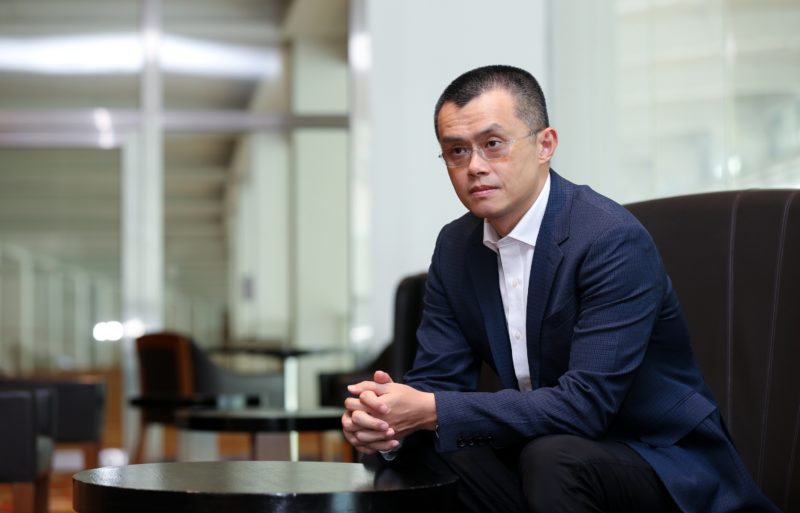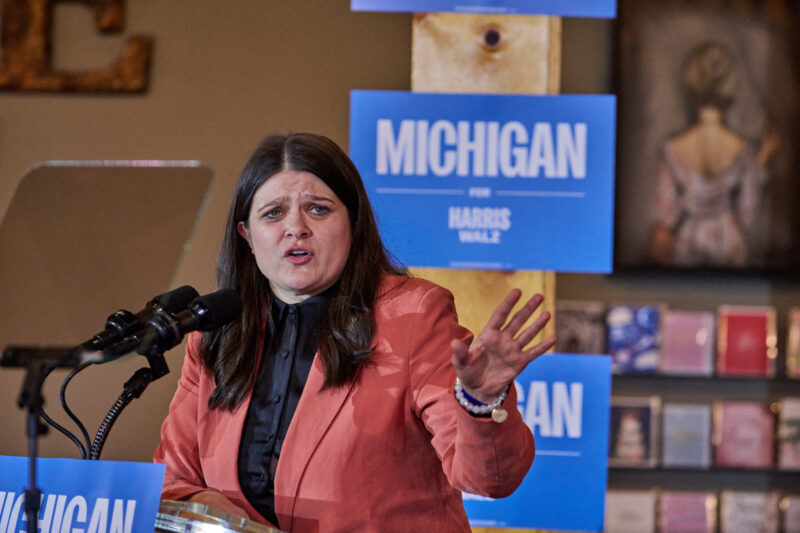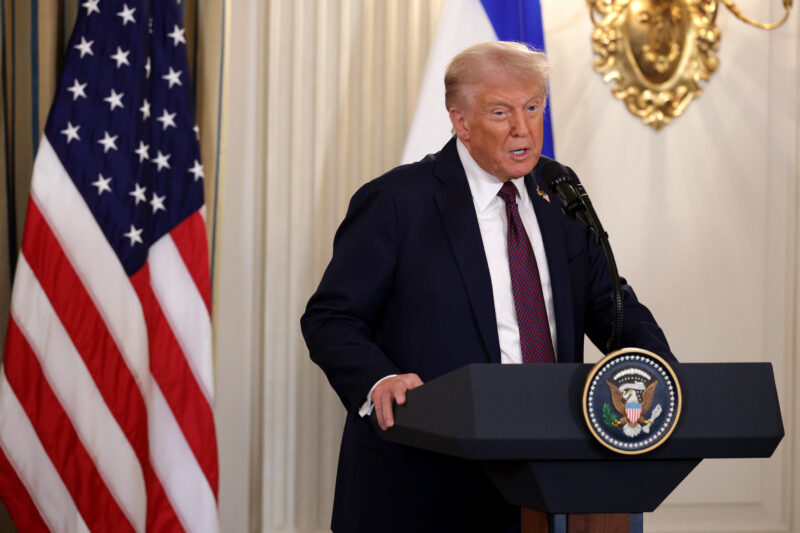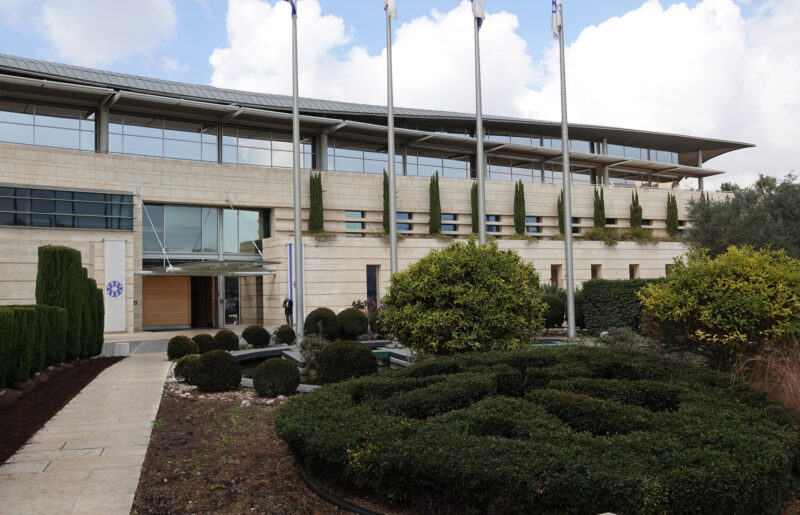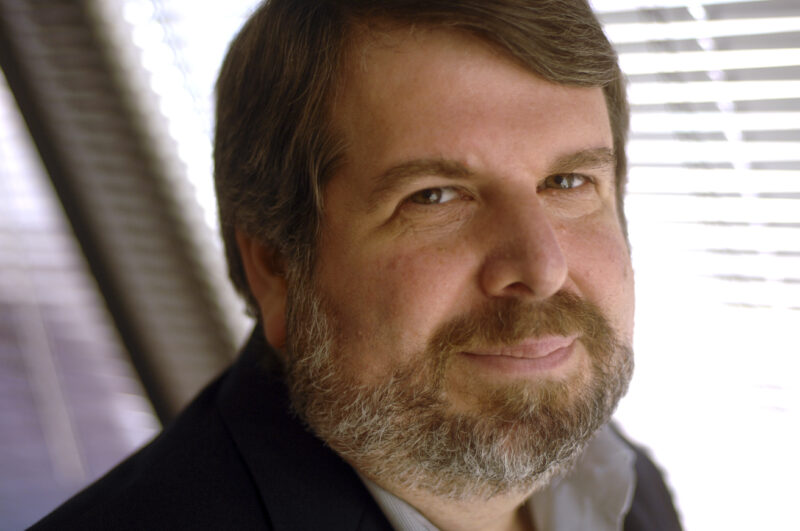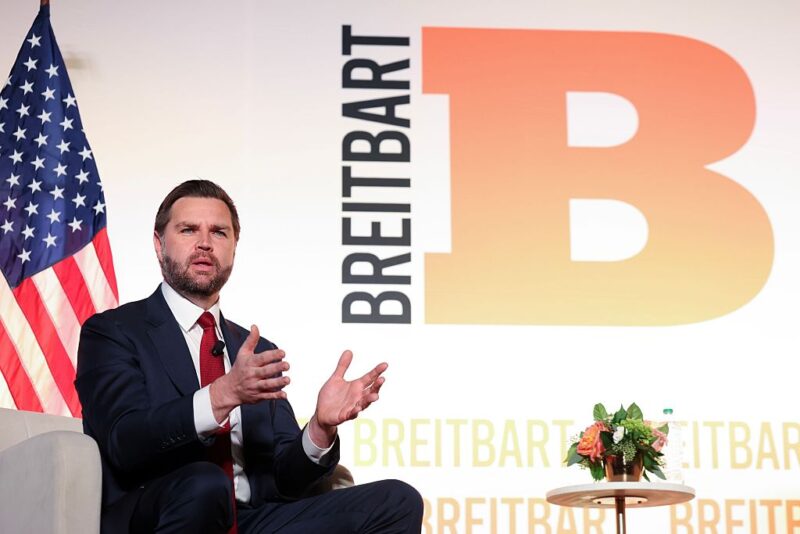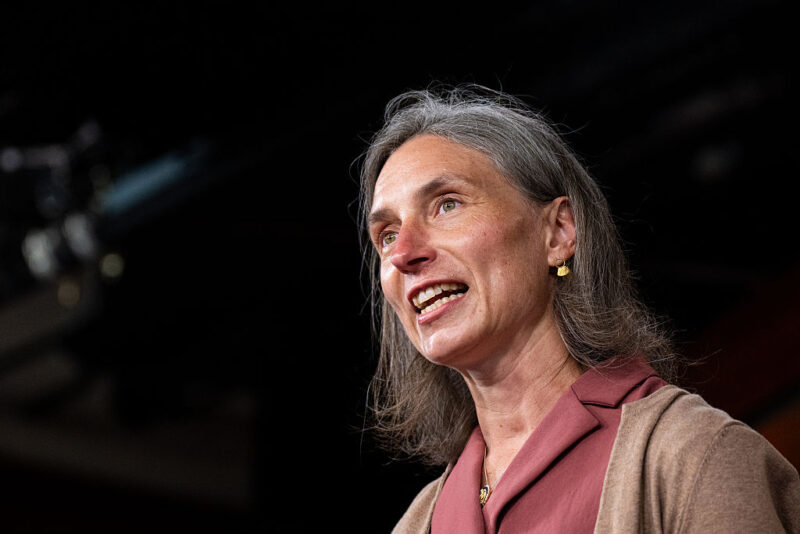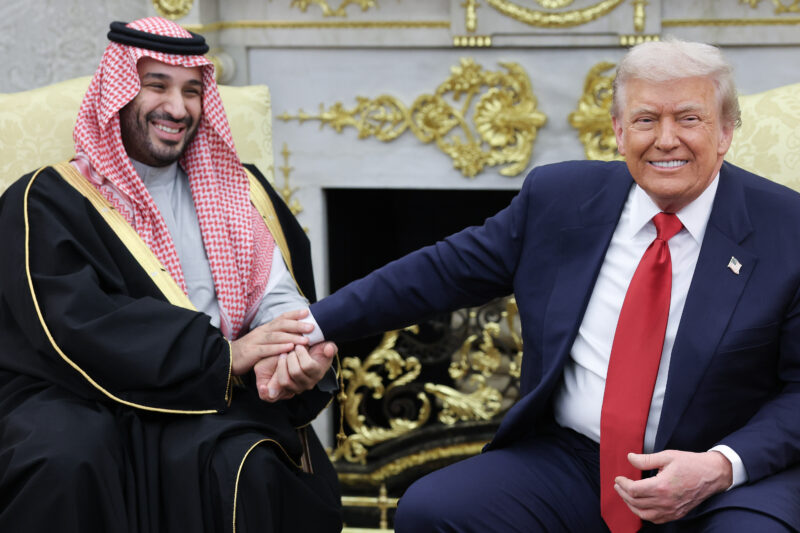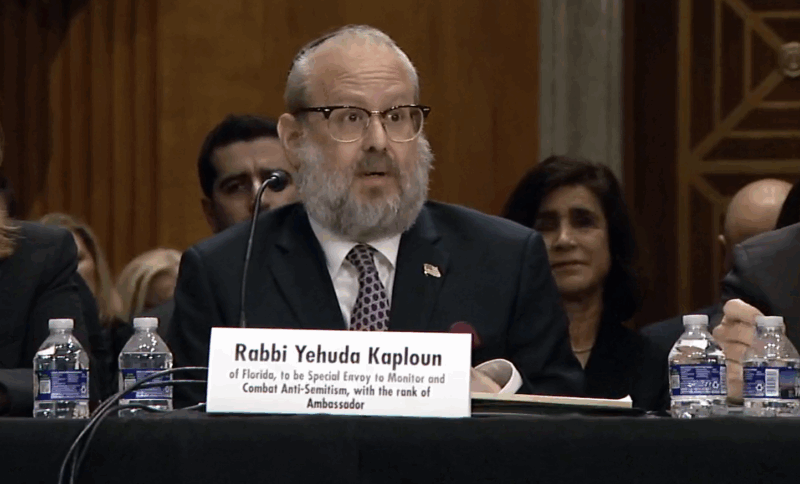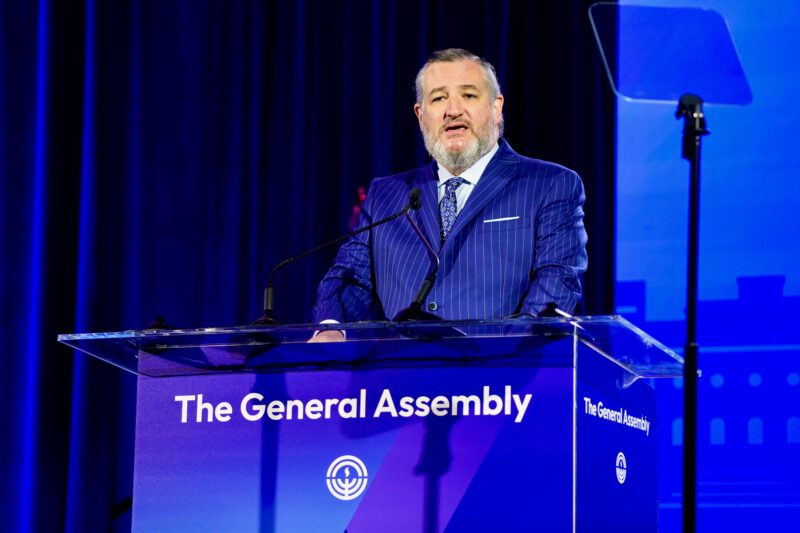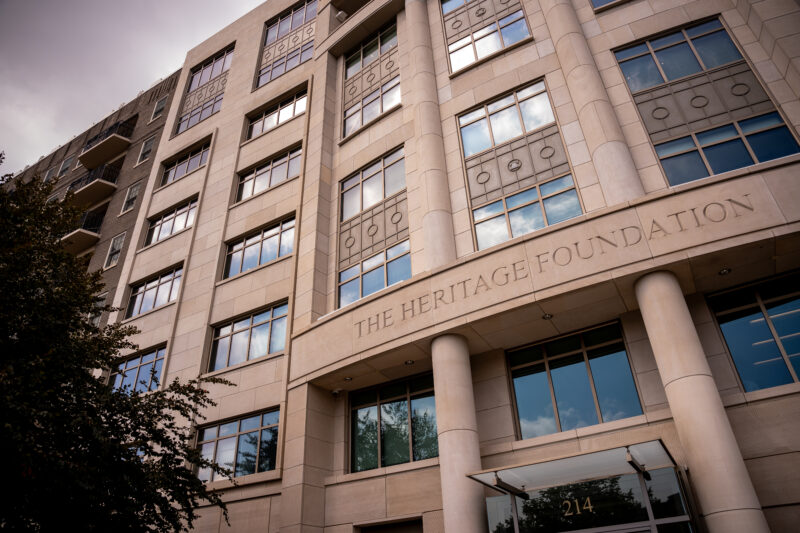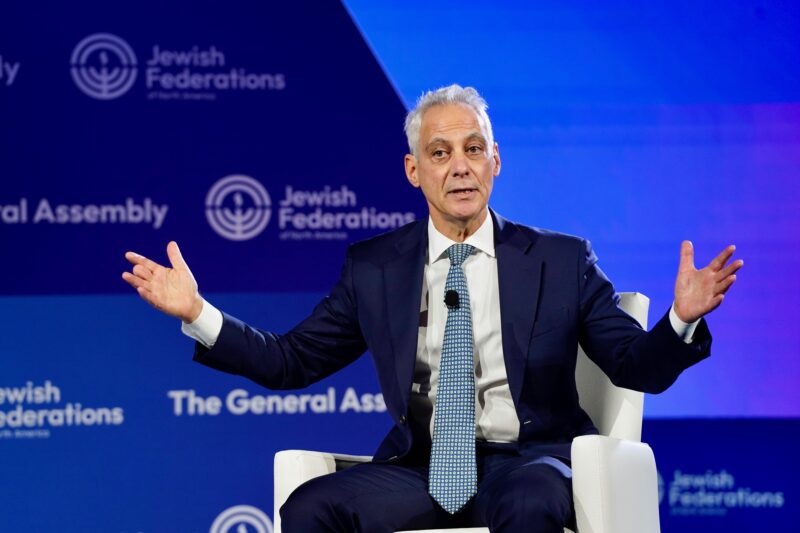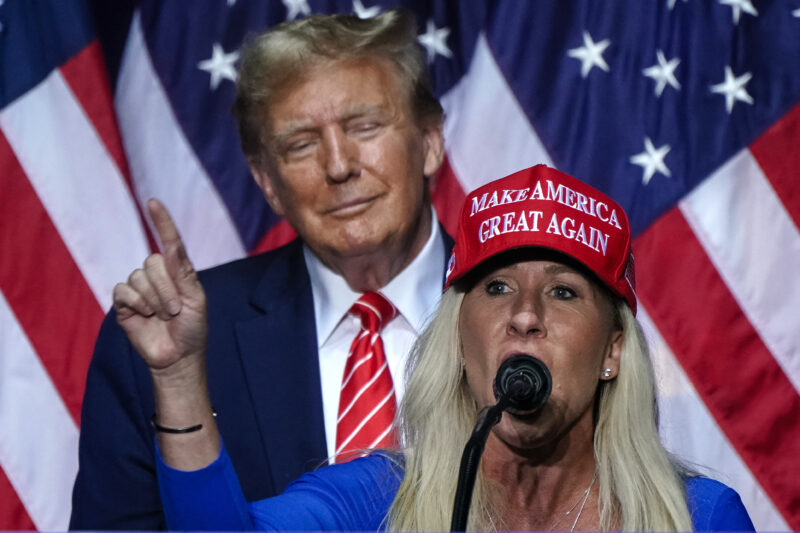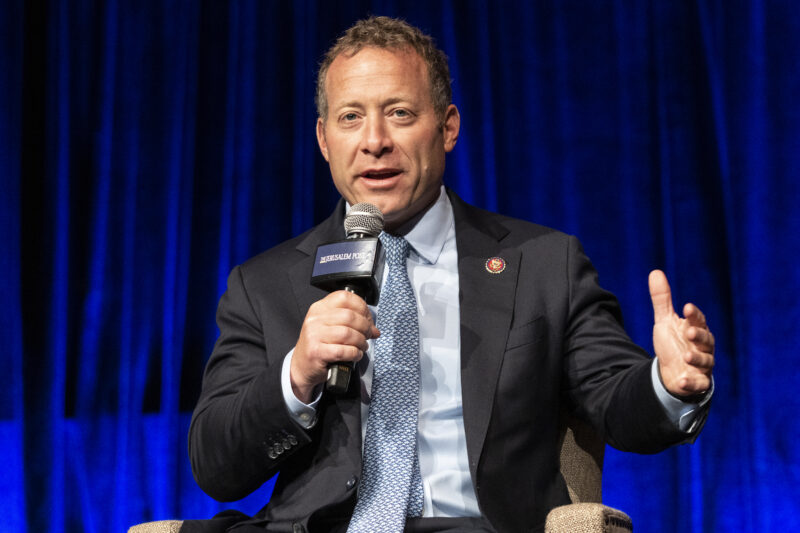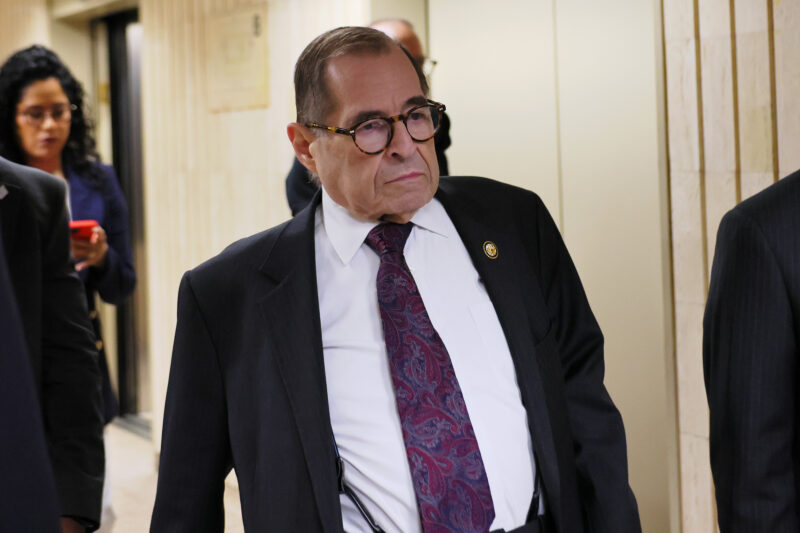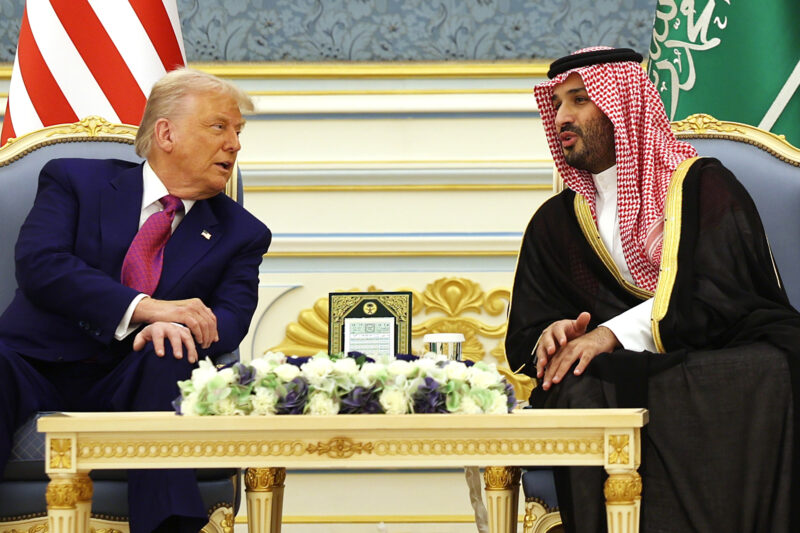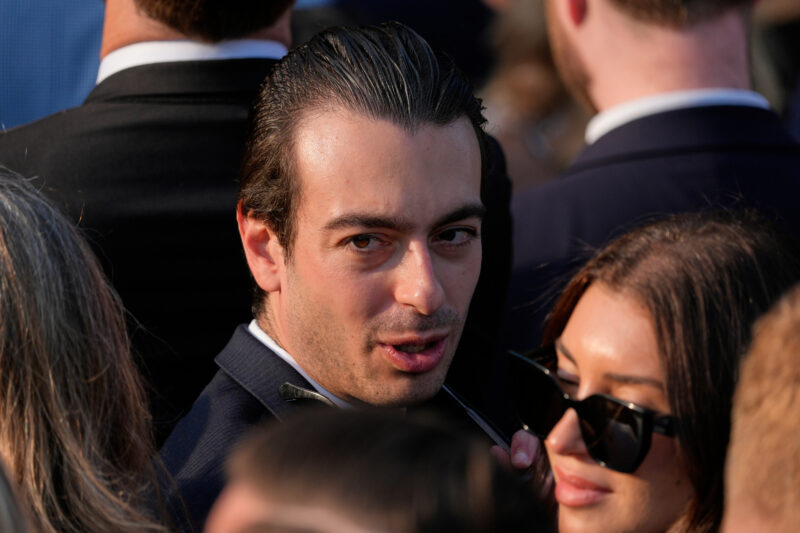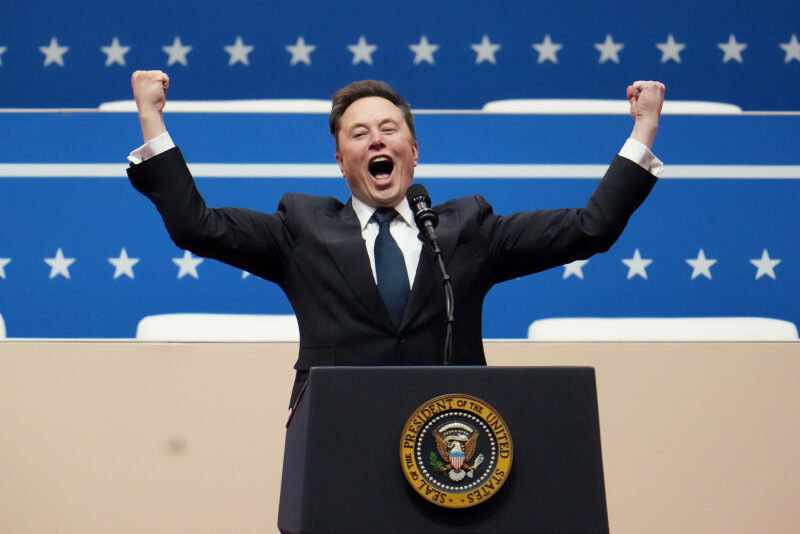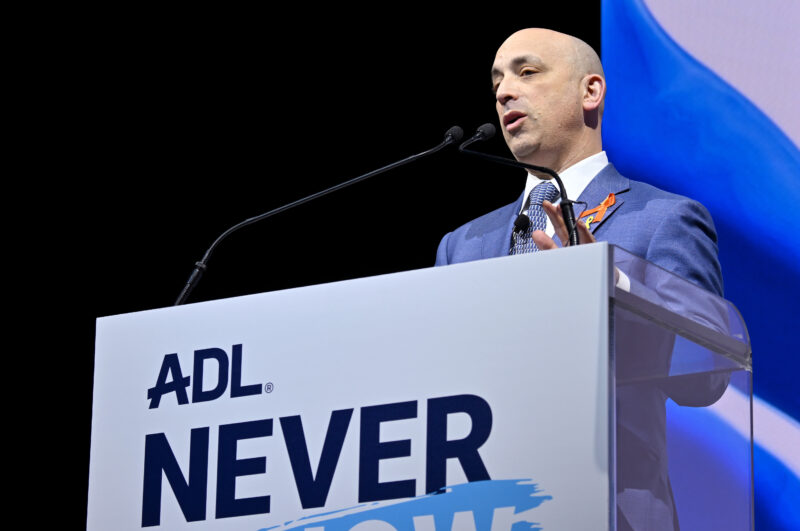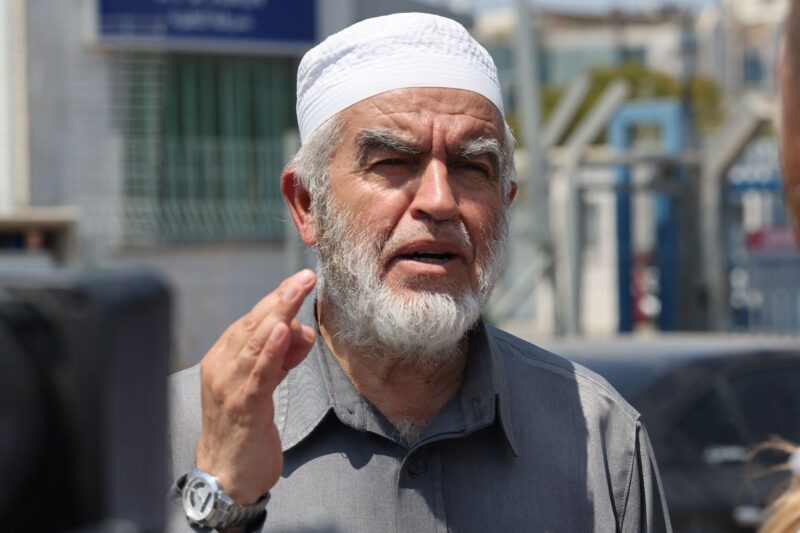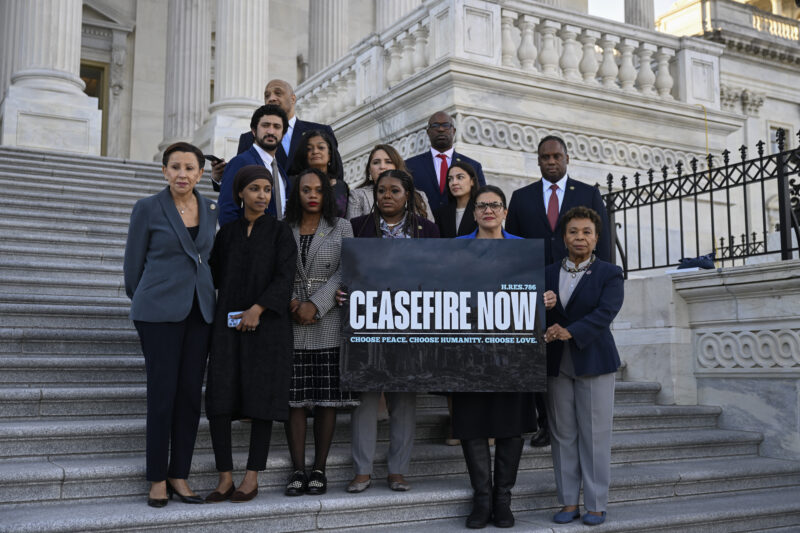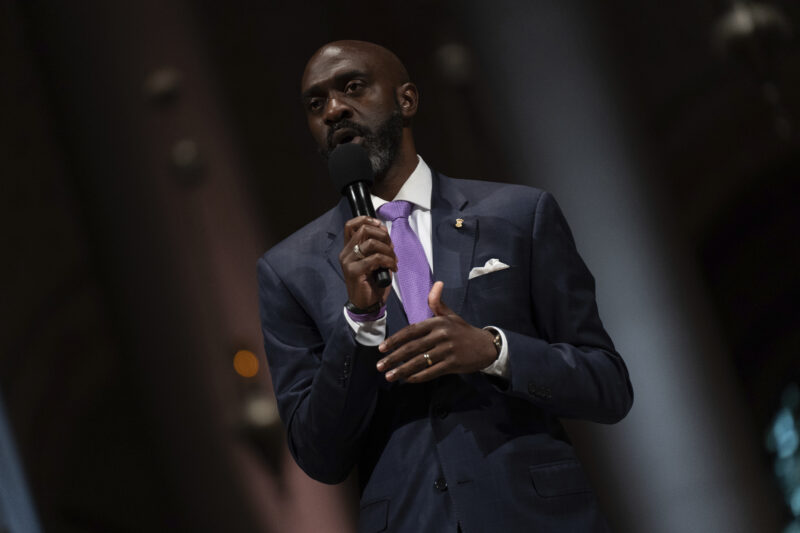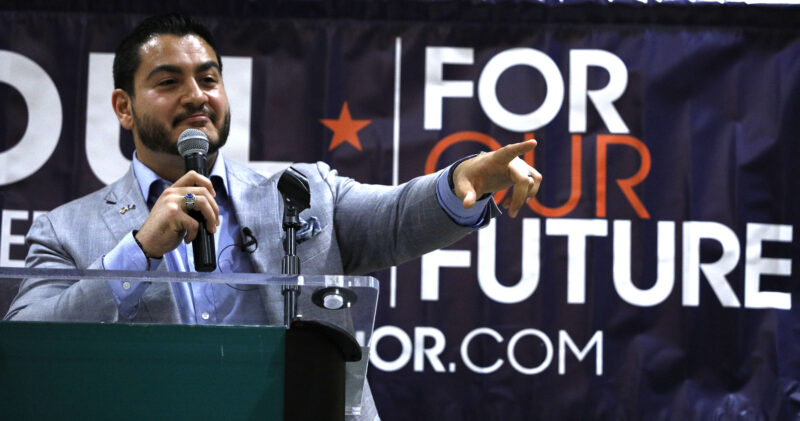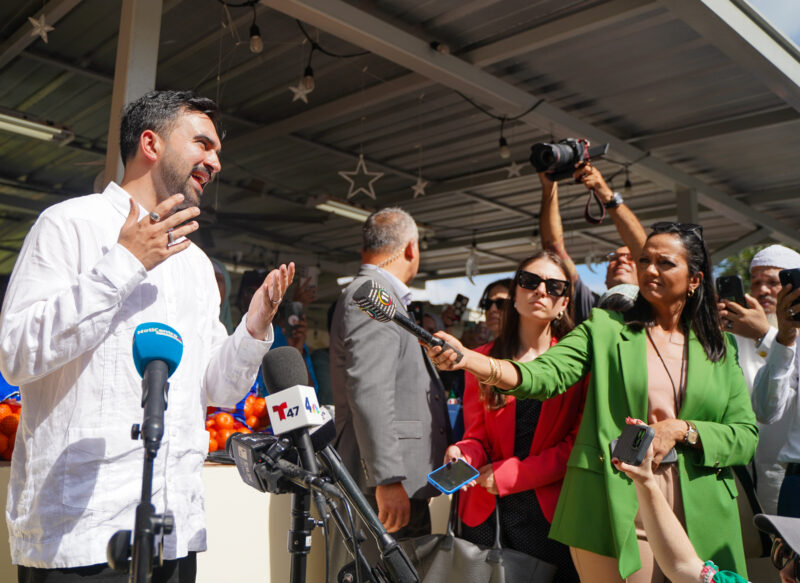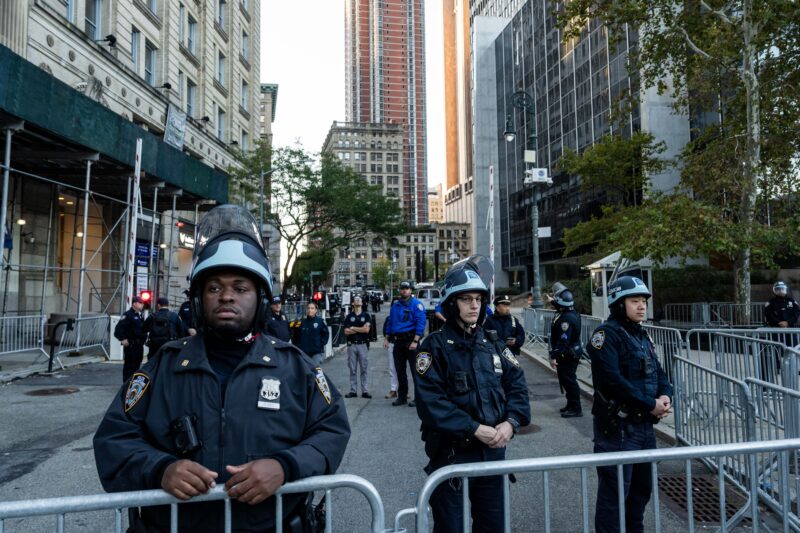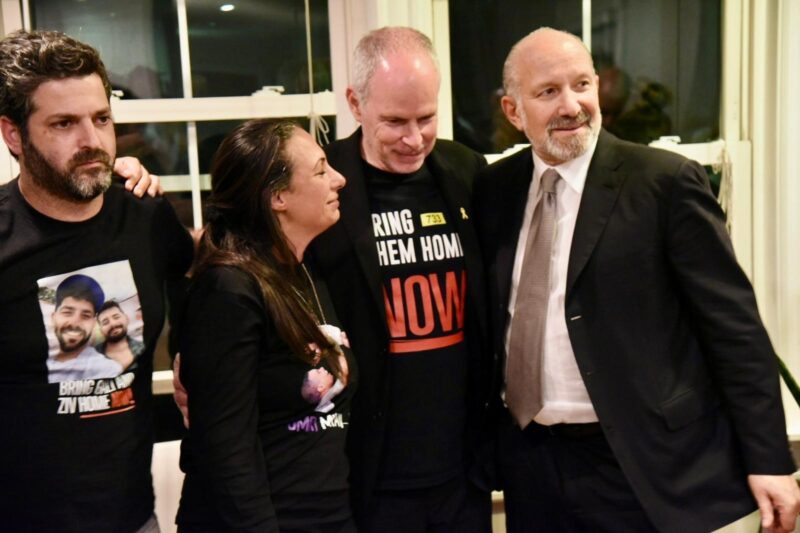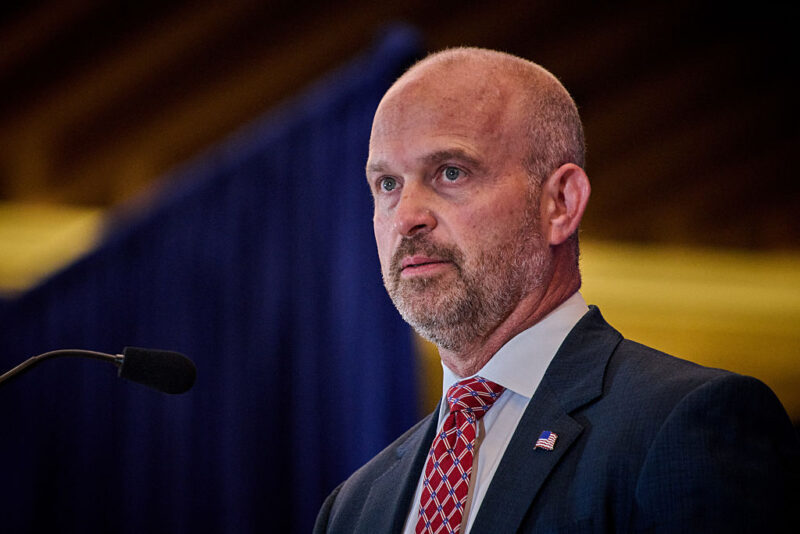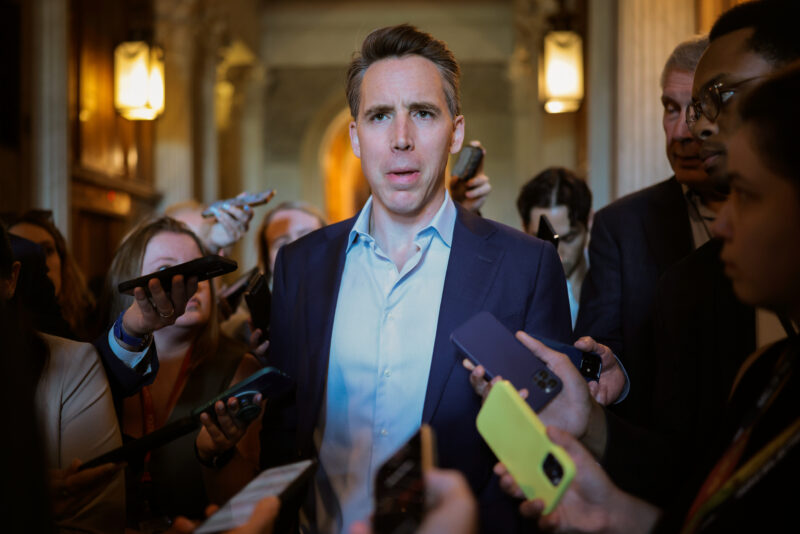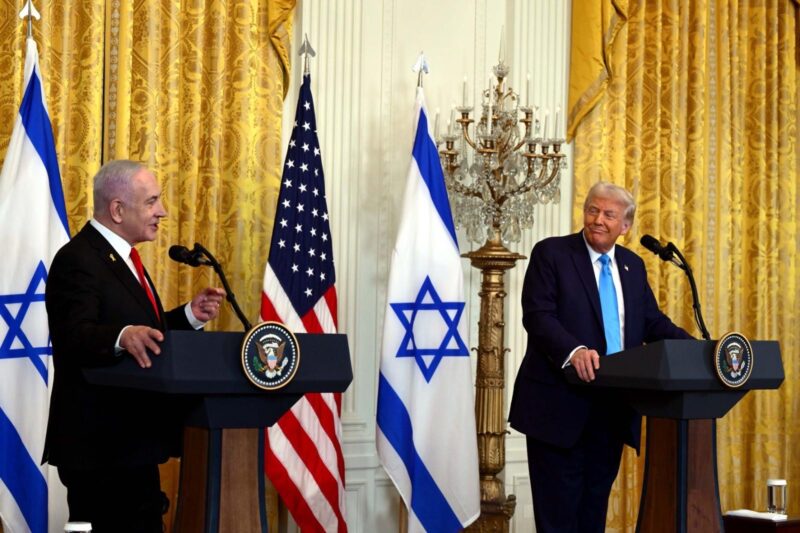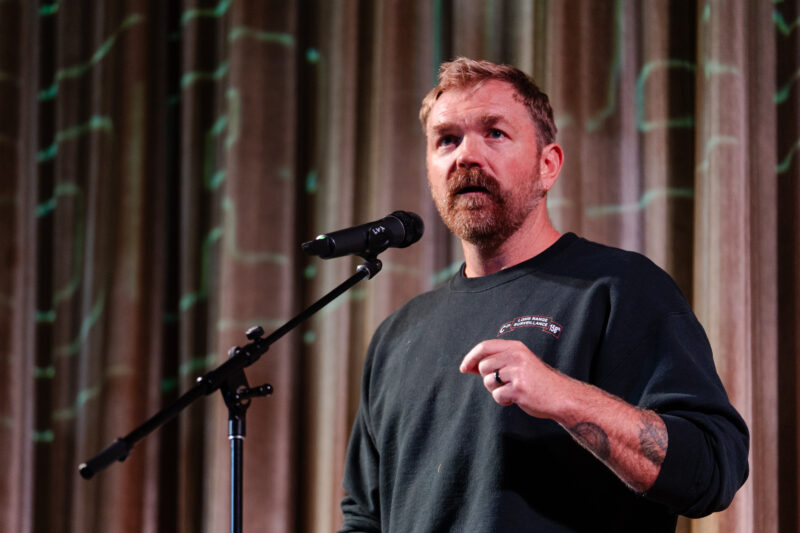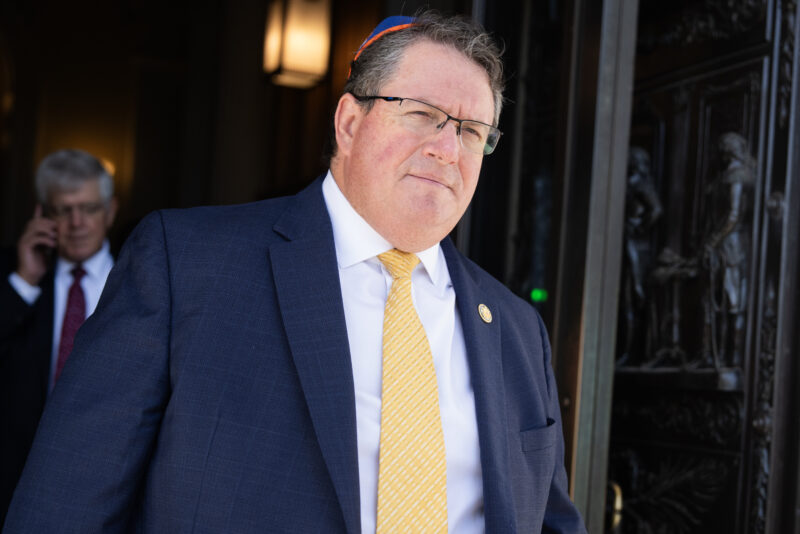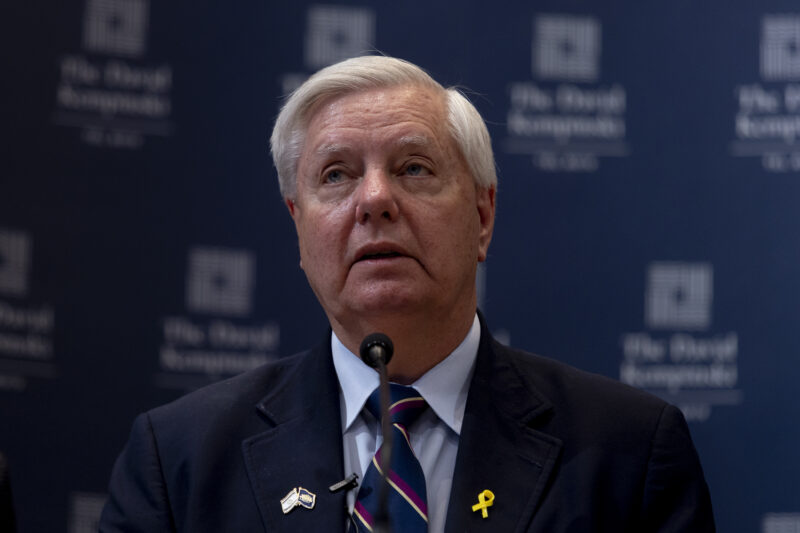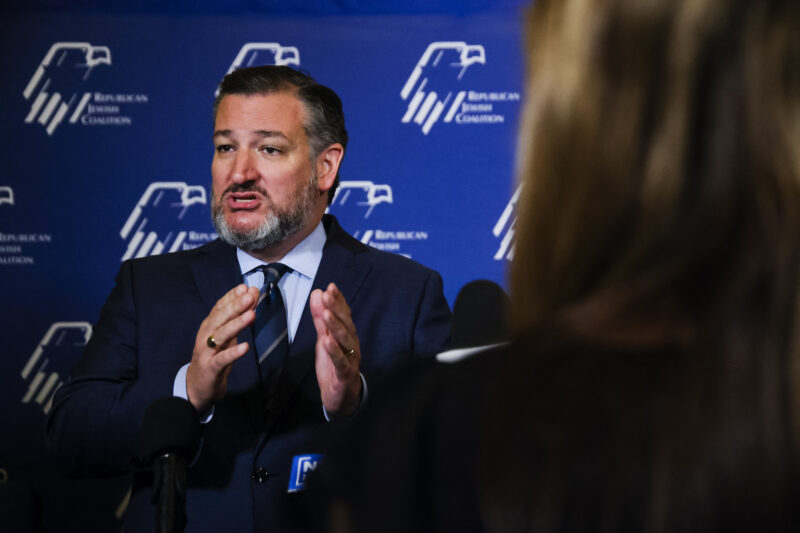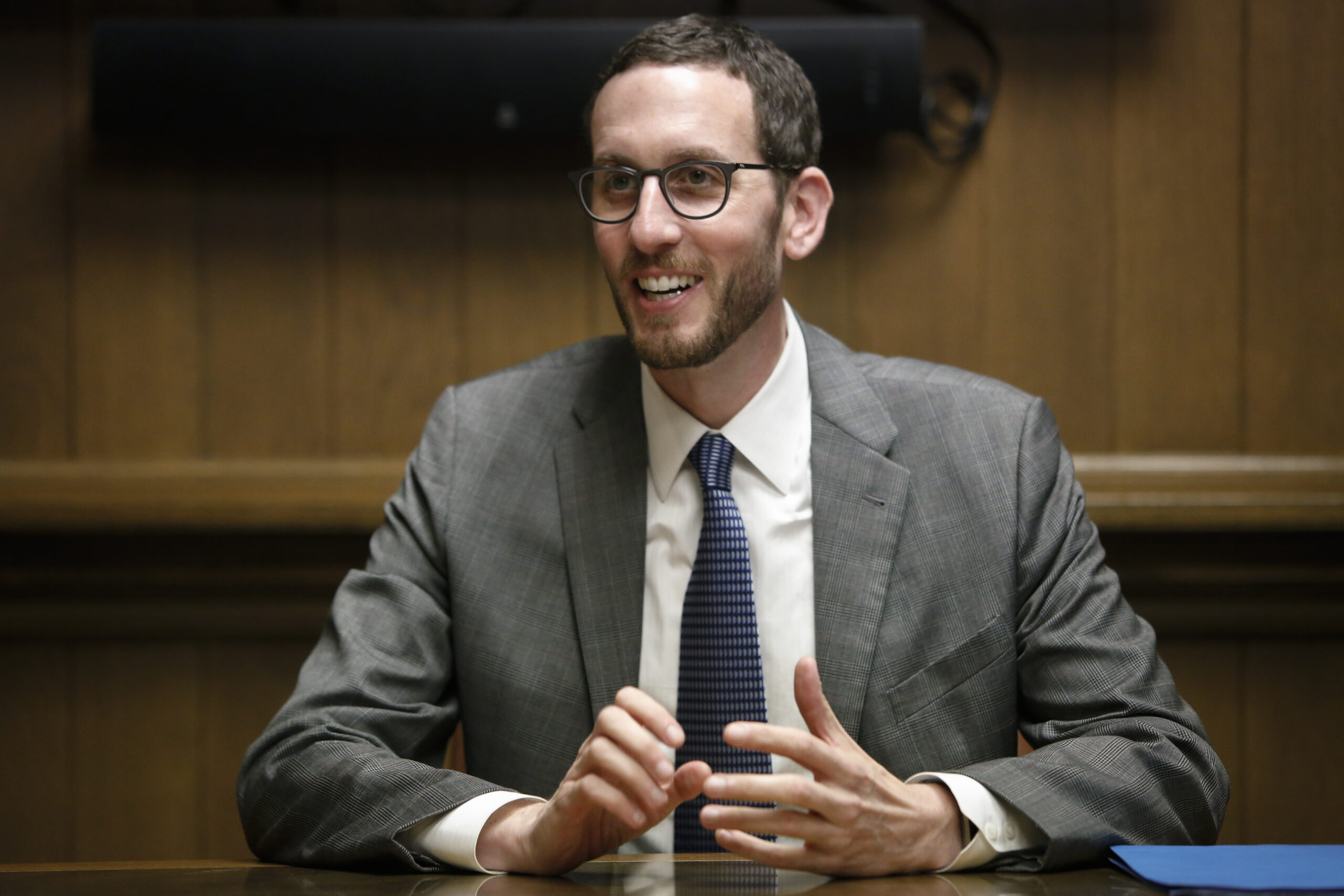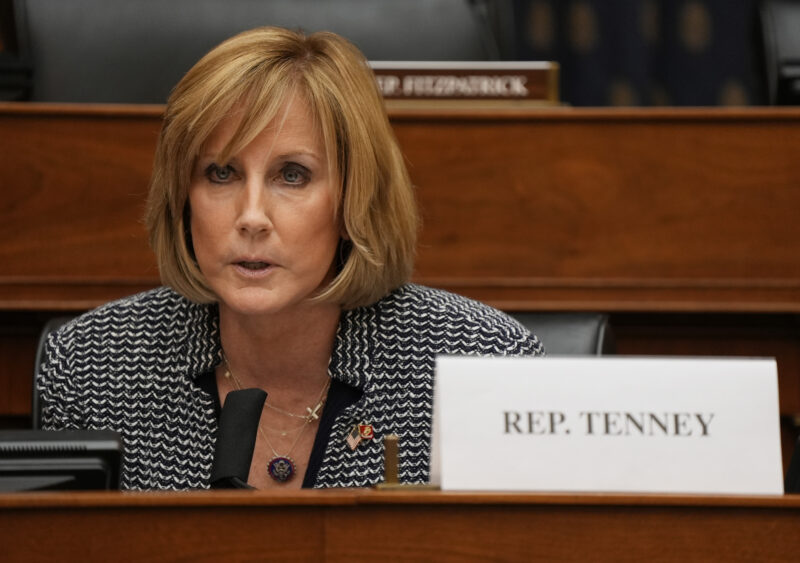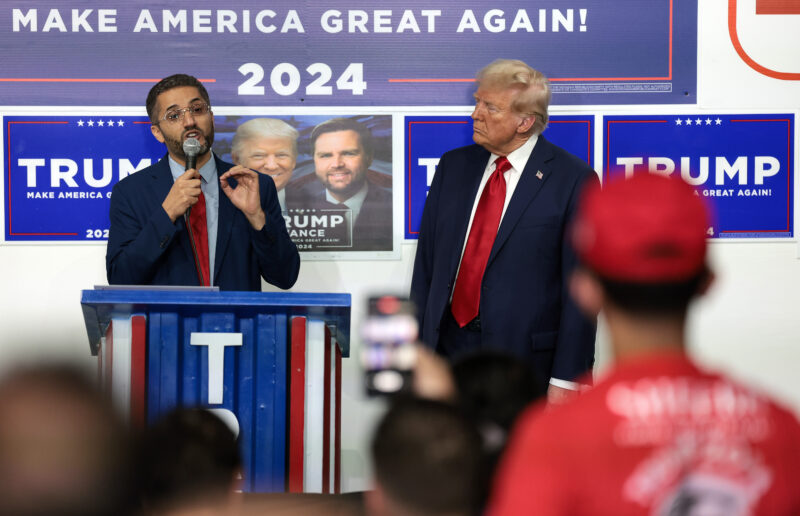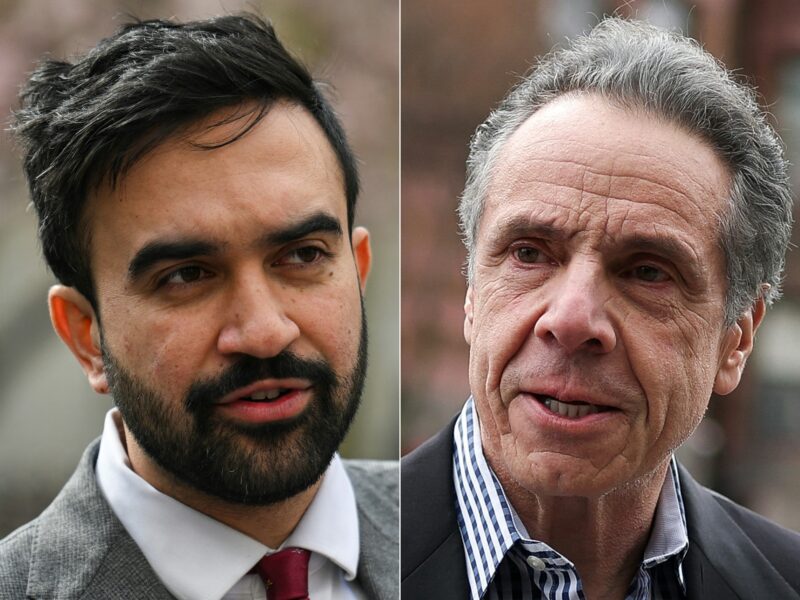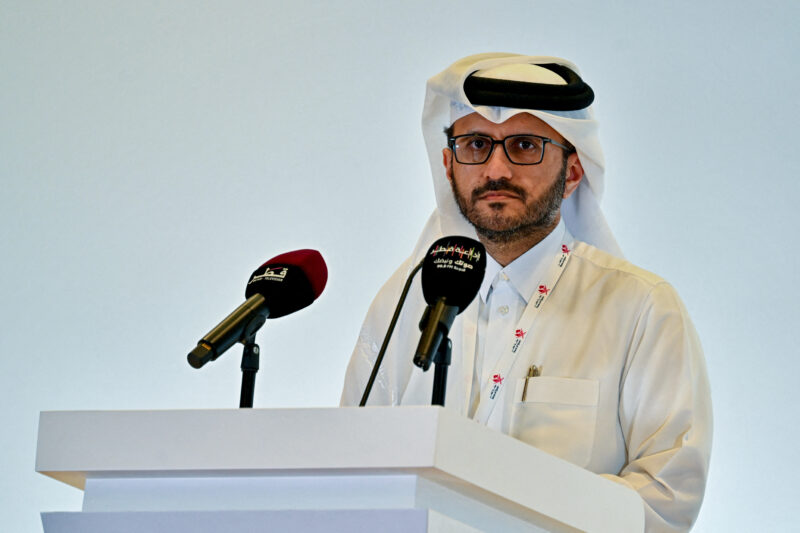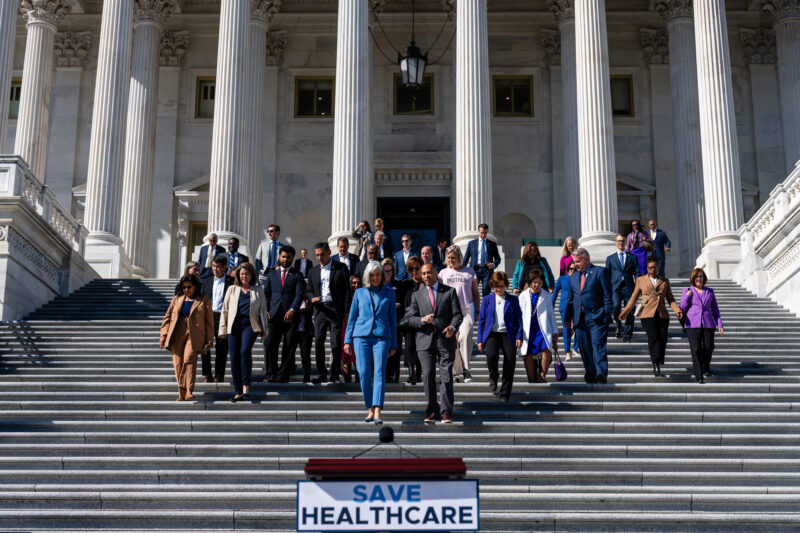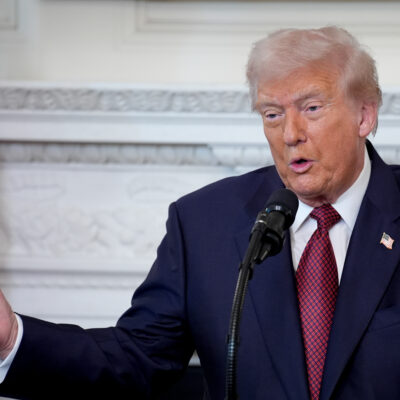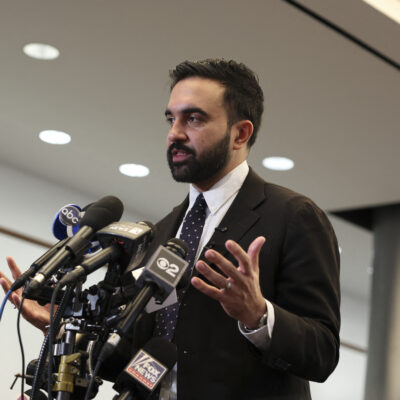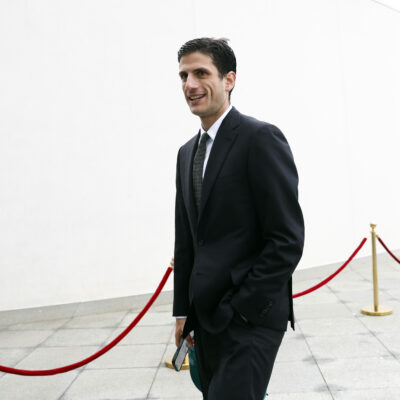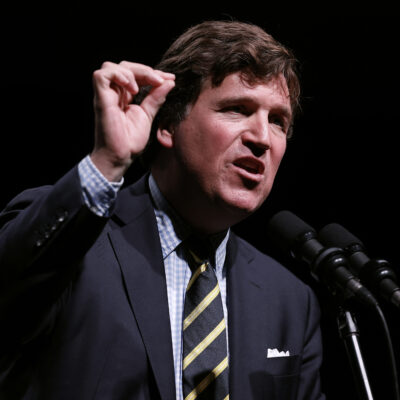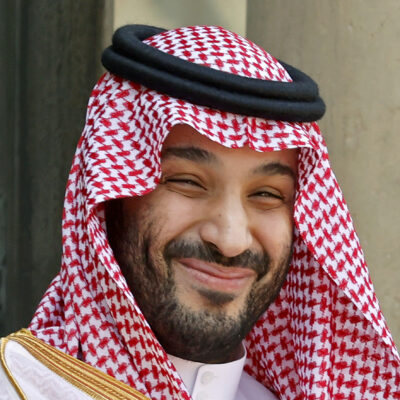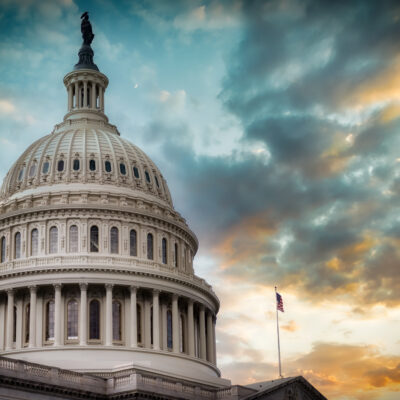
Pittsburgh primary first big Dem test
Plus, is Trump's Abrahamic Family House visit a harbinger for the region?
Good Tuesday morning.
In today’s Daily Kickoff we interview religious freedom experts about the significance of President Donald Trump’s visit to the UAE’s Abrahamic Family House last Friday, and speak with strategists about the state of the Illinois Senate race following Rep. Lauren Underwood’s announcement that she will not be running. We also report on the threat by France, the U.K. and Canada to impose sanctions on Israel and a letter by a group of top House Republicans to Harvard University, questioning alleged connections to Iran and China. Also in today’s Daily Kickoff: Ronald Lauder, Sydney Altfield and Omer Shem Tov.
What We’re Watching
- NORPAC’s annual mission to Washington is bringing 1,000 allies to Capitol Hill to meet with members of Congress. Sens. Ted Cruz (R-TX) and John Fetterman (D-PA) will be speaking to attendees as part of the morning session.
- The Senate Foreign Relations Committee will hold a hearing with Secretary of State Marco Rubio on the State Department’s 2026 budget request. Rubio will also attend a hearing of the Senate Appropriations Committee’s State, Foreign Operations and Related Programs subcommittee on the president’s 2026 budget request for the State Department.
- The Senate Committee on Homeland Security & Governmental Affairs will hold a hearing on the Department of Homeland Security’s 2026 budget request with Homeland Security Secretary Kristi Noem.
- Reps. Chris Smith (R-NJ) and Jim McGovern (D-MA) will co-chair a congressional hearing of the Tom Lantos Human Rights Commission to conduct a global review of antisemitism. Speakers will include Ted Deutch, CEO of the American Jewish Committee; Marina Rosenberg, senior vice president for international affairs at the Anti-Defamation League; Eric Fusfield, director of legislative affairs at B’nai B’rith International; and Stacy Burdett, a consultant on antisemitism response and prevention.
- Tonight, the ADL will host its reception in Washington celebrating Jewish American Heritage Month. The National Museum of American Jewish Military History, along with AJC and Jewish War Veterans of the USA, will host a discussion in Washington, moderated by CNN anchor Wolf Blitzer, with three Jewish-American WWII veterans.
- The Qatar Economic Forum, sponsored by Bloomberg, kicked off in Doha today with an opening address delivered by Qatari Prime Minister Mohammed bin Abdulrahman Al-Thani. Other speakers today include Elon Musk; former CIA Director Gen. David Petraeus; Morgan Ortagus, the U.S. deputy special envoy to the Middle East; Mohammed Saif Al-Sowaidi, the CEO of the Qatar Investment Authority; and Marc Nachmann, global head of asset and wealth management at Goldman Sachs.
- The Middle East Forum 2025 Policy Conference continues today in Washington.
- The World Jewish Congress 17th Plenary Assembly concludes today in Jerusalem.
What You Should Know
A QUICK WORD WITH JI’s Matthew Kassel
As Pittsburgh’s bitterly contested mayoral primary concludes on Tuesday, the election represents the first major front in a broader proxy battle between moderate and progressive Democrats clashing over Israel and antisemitism, which could shape a range of developing contests at the state and federal levels.
The primary pits Mayor Ed Gainey, the progressive first-term incumbent whose record of commentary on Israel’s war in Gaza and handling of antisemitic activity have sparked backlash from Jewish leaders, against Corey O’Connor, a centrist challenger who is touting his long-standing ties to Pittsburgh’s sizable Jewish community and highlighting his support for Israel.
In recent weeks, the race has grown increasingly nasty, turning in part on escalating tensions over Israel’s war with Hamas that have coincided with a glaring uptick in antisemitic incidents. Pittsburgh police said on Monday, for instance, that they were investigating the distribution of antisemitic flyers in the heavily Jewish neighborhood of Squirrel Hill — following high-profile acts of vandalism last year at several Jewish buildings in the city.
While Gainey has condemned antisemitism, he has otherwise drawn criticism for declining to challenge efforts by far-left activists to bring an Israel boycott and divestment referendum to Pittsburgh voters. He has also stirred controversy for signing a joint statement addressing the one-year anniversary of the Oct. 7, 2023, attacks that made no mention of Hamas and used insensitive language that alienated even some of his closest Jewish allies on the far left.
During a candidate forum hosted last month by Pittsburgh’s Jewish Federation, which has publicly expressed disappointment with Gainey’s record on such issues, the mayor defended his approach to the failed ballot measures while acknowledging that his statement had caused offense. “I apologize for those mistakes,” he said, noting that if given the chance to redo the letter, he would first seek input “to discover exactly what’s wrong with the wording.”
Despite his contrition, many Jewish community members remain skeptical of the mayor, whose allies have spread false accusations that national pro-Israel groups such as AIPAC are spending to boost O’Connor, the Allegheny County controller. Last week, meanwhile, supporters of Gainey also circulated a letter in Squirrel Hill alleging that the Israel-Hamas war has been imported into the race as a pretext for “fake accusations of antisemitism” now being “used as a political tool to try to pry Mayor Gainey out of office.”
Jeremy Kazzaz, executive director of the Beacon Coalition, a local Jewish advocacy group whose political arm has donated to O’Connor’s campaign, said that even as most voters have been “focused on the basics” of city governance, “we can’t ignore that antisemitism has cast a shadow over this election.”
“The Jewish community isn’t imagining things,” he told Jewish Insider on Monday. “We’re responding to real, overt bigotry from voices elevated at the center of Mayor Gainey’s campaign.”
For his part, O’Connor, who grew up in Squirrel Hill and whose late father served as mayor, has said his relationship with the local Jewish community instilled in him a commitment to defending Israel and speaking out against antisemitism. In his discussion with the Jewish federation, he drew contrasts with Gainey on key issues, noting, for example, that he “absolutely” would have opposed the Israel divestment proposal.
“You need a mayor,” he argued, “who is going to be vocal to support and fight against antisemitism.”
While earlier polling had shown O’Connor with a wide lead over Gainey, who has struggled to assert himself in his race for reelection, some more recent surveys indicate the embattled mayor has narrowed the gap in the final stretch of the primary. Still, local political observers who spoke with JI predicted that O’Connor — who has outraised Gainey while locking up key endorsements — would ultimately prevail on Tuesday.
The heated race is a particularly vivid microcosm of intra-Democratic conflicts over Middle East policy that are poised to inflect House and Senate races in Illinois and Michigan next year. The gubernatorial primary in New Jersey and the mayoral race in New York City next month have also featured prominent divisions over Israel, now emerging as a top issue in the final weeks of the race.
RIPPLE EFFECT
Will Trump’s visit to UAE’s Abrahamic Family House inspire a regional shift?

Before President Donald Trump departed the Middle East last week, his motorcade made one final stop in Abu Dhabi, United Arab Emirates, before heading to the airport: a visit — the first by a U.S. president — to the Abrahamic Family House, a multifaith complex with Muslim, Christian and Jewish houses of worship. His tour, with stops inside the mosque, church and synagogue, underscored the message of tolerance that he shared in an address at a Saudi investment forum earlier in the week. Trump used the speech to call for Saudi Arabia to normalize ties with Israel, following the lead of the UAE, as well as Bahrain and Morocco. So could the Saudis similarly follow suit by creating an Abrahamic Family House of its own, or something similar to advance religious pluralism? Religious freedom experts tell Jewish Insider’s Gabby Deutch that’s highly unlikely.
Charting a course: “I think you won’t see a version of the Abrahamic Family House in another country. I think what you will see is each country, in their own way, doing similar things in the years to come,” said Johnnie Moore, an evangelical leader who met with MBS in 2018 as part of the first delegation of evangelical leaders to Saudi Arabia. “Obviously in Saudi Arabia, the baseline is different.” As the home of Mecca, the birthplace of Islam, Saudi Arabia has long been viewed as the standard-bearer for the Muslim world. In the UAE — a much smaller nation, where nearly 90% of residents are foreigners there for business purposes or as laborers — Islamic law has never been applied as strictly.





